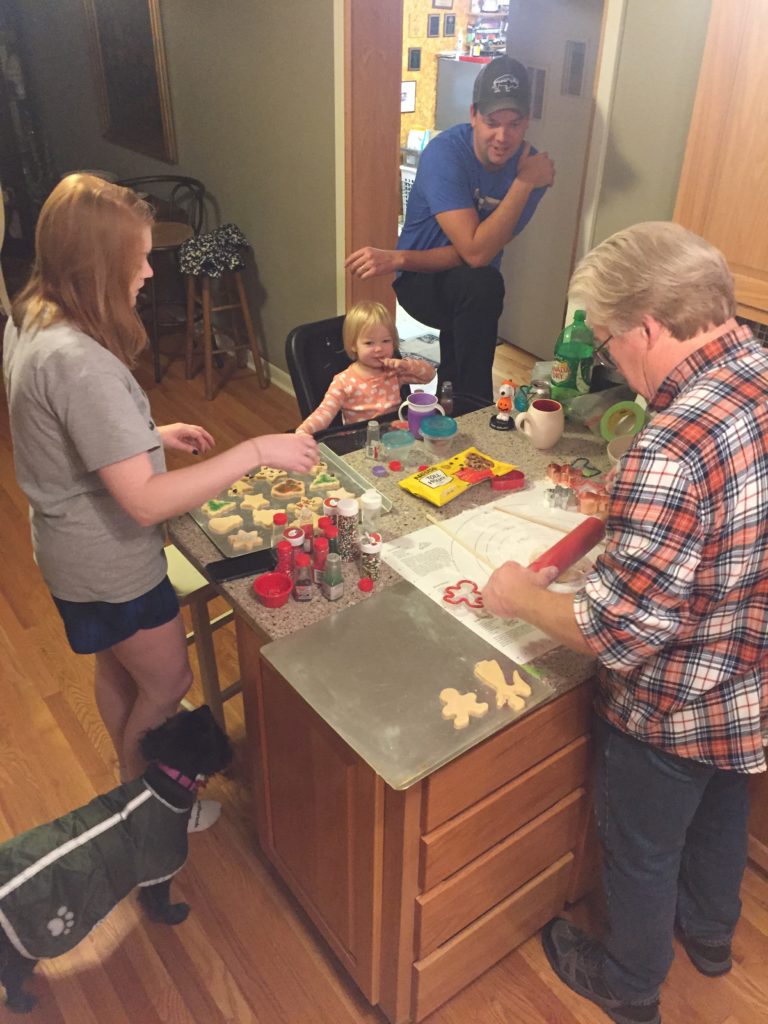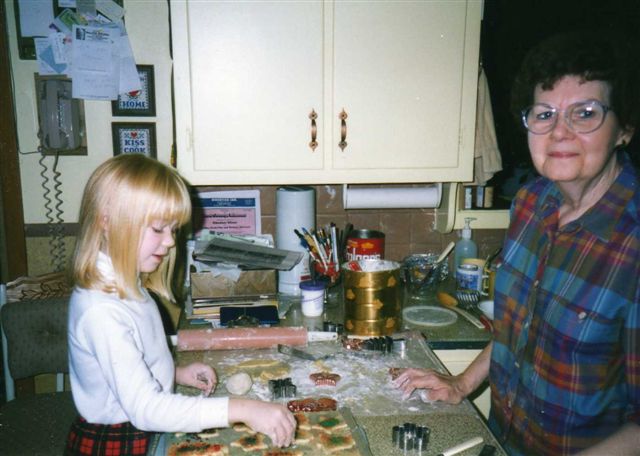“No free man needs a God; but was I free?”
Vladimir Nabokov, Pale Fire
Terry Teachout on the arts in New York City
“No free man needs a God; but was I free?”
Vladimir Nabokov, Pale Fire
* * *

Before “Angels in America,” there was “A Bright Room Called Day,” the 1985 history play in which Tony Kushner tried out some of the same expressionistic storytelling techniques that “Angels” would make famous a few short years later. Oskar Eustis, whose association with Mr. Kushner is of long and productive standing, thinks the time is ripe for a revival, and it’s not hard to see why. The premise of the play, set in Germany at the moment in 1933 when the Nazis came to power, is that Hitler triumphed for roughly the same reason that Ronald Reagan was elected: Both men assured their disaffected followers that liberal democracy was the reason for, not the solution to, the troubles of the time. President Trump, Mr. Kushner argues, is doing the same thing today.
No matter what you think of this notion, I suspect that you will find “A Bright Room Called Day,” whose characters are a gaggle of artsy types who can’t decide how to respond to the collapse of their world, to be long on anguish and short on coherence….
* * *
To read my review of A Bright Room Called Day, go here.A video featurette about A Bright Room Called Day:
Ralph Ellison talks about his never-completed second novel in an interview originally telecast on public TV in 1966:
(This is the latest in a series of arts- and history-related videos that appear in this space each Monday, Wednesday, and Friday)
“The clumsiest literal translation is a thousand times more useful than the prettiest paraphrase.”
Vladimir Nabokov, “Problems of Translation: ‘Onegin’ in English”
From 2009:
Read the whole thing here.I spend a lot of time living out of a suitcase in my capacity as drama critic of The Wall Street Journal, for which I review theatrical performances all over America. Cross-country travel can be grueling–especially now–and sometimes I wonder whether my regional reviews have any impact. The Kansas City Star published a story the other day that inspired me to stick to my last….
“Rowdies are never revolutionaries, they are always reactionary. It is among the young that the greatest conformists and Philistines are found, e.g., the hippies with their group beards and group protests.”
Vladimir Nabokov, Strong Opinions (courtesy of Anecdotal Evidence)
It also occurred to me that I may live long enough for her to get to know me reasonably well—I will have just turned eighty-two when she turns twenty—and that I might possibly play a role of modest but real consequence in her future life. Or not: it’s at least as likely that she will know me only as the great-uncle she met no more than once or twice and remembers vaguely if at all. She belongs to the future, not to my past.
True enough—and yet Lauren and Ryan, her parents, are taking care to ensure that Evelyn Grace will grow up with a proper regard for the past that all of us share. To that end, they have moved from Houston to a suburb of Nashville, which makes it far easier for them to spend weekends with David and Kathy, Evelyn Grace’s adoring grandparents. Indeed, the Teachouts and the Dukes spent Thanksgiving weekend together in Smalltown, U.S.A., and Kathy e-mailed me this snapshot of a domestic scene that fills me with sweet-smelling memories. In it, the Dukes and Teachouts can be seen baking Christmas cookies in the kitchen of the house where David and I grew up, and where he and I used to bake cookies with our own mother. The recipe remains unchanged, as do the cookie-cutters.
In New York City, where I’ve lived since 1985, family traditions, like family ties, are what you make of them, and I know many people who are content, or at least willing, to make nothing of them at all. Not so, however, in Smalltown, where past and present are as close as the pages of a book. It happens that I wrote such a book about my childhood, in which I made a point of mentioning the Christmas cookies that Evelyn, my mother, baked every winter:
Not long after Thanksgiving, my mother would spend the better part of a Saturday afternoon making Christmas cookies and filling two round aluminum tins with dark brown squares of homemade chocolate fudge so rich that we were allowed to eat only one piece at a sitting. David and I cut the sticky cookie dough into stars and bells and silhouettes of Santa Claus and lovingly laid each piece on a greased cookie sheet. The Santa Claus cookies were special, for I took Santa Claus seriously. I left him a glass of milk and a plate of Christmas cookies before going to bed on Christmas Eve, and they were gone by sunup. When I was six years old, my family moved to 713 Hickory Drive, a house without a chimney. We had a long, tense family discussion that year about how Santa Claus would be able to get into our new house to bring us our presents. My father, a true man of the world, calmed me down by explaining that Santa Claus had a master key that unlocked the front door of every house on earth.

It means the world to me that the Teachouts are still making Christmas cookies at 713 Hickory Drive, and even though Evelyn Teachout didn’t live long enough to meet Evelyn Grace Dukes, her namesake, I like to think she knew deep in her generous heart that her recipe for them would live on long after she died, just as her name was passed on to the great-granddaughter she dreamed of but never knew.
As for me, I still have a key to the front door of 713 Hickory, and one of these days I’ll pop by on Thanksgiving and cut a few cookies of my own. That’s part of what close families are for: they pass on old recipes from generation to generation, including the one for abiding love.
* * *
George Strait sings “Christmas Cookies”:
Helen Beardsley appears as a challenger on To Tell the Truth. The author of Who Gets the Drumstick?, she simultaneously raised twenty children and step-children and was portrayed by Lucille Ball in Yours, Mine, and Ours, a fictionalized biography of the Beardsley familyThis episode was originally telecast by CBS on October 11, 1965. The host is Bud Collyer and the panelists are Orson Bean, Peggy Cass, Kitty Carlisle, and Tom Poston. Beardsley’s segment of the show starts at 8:54:
(This is the latest in a series of arts- and history-related videos that appear in this space each Monday, Wednesday, and Friday)
An ArtsJournal Blog